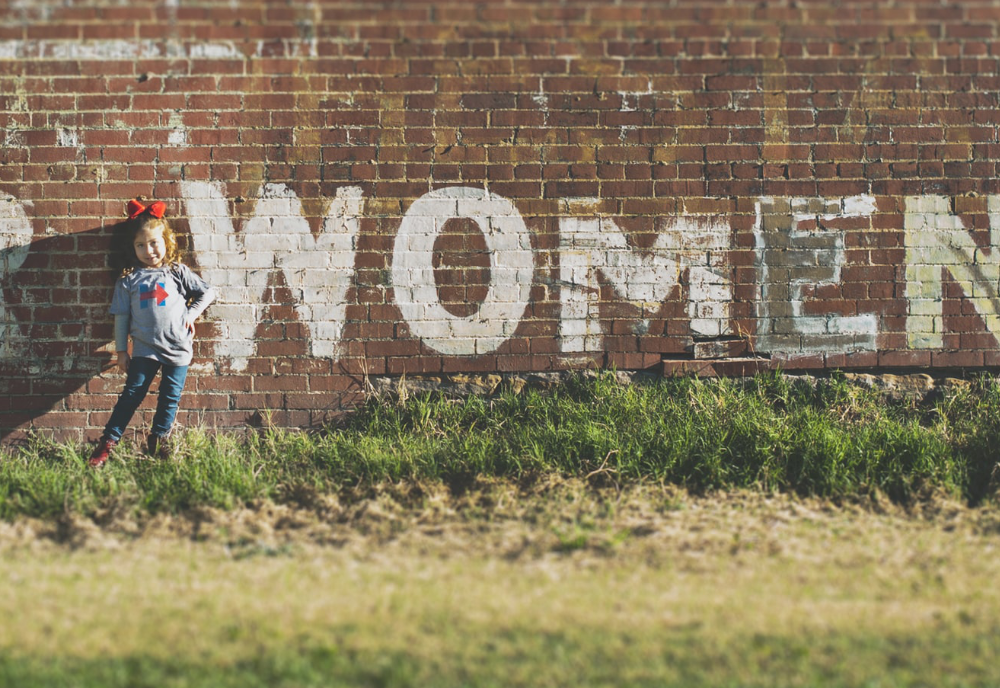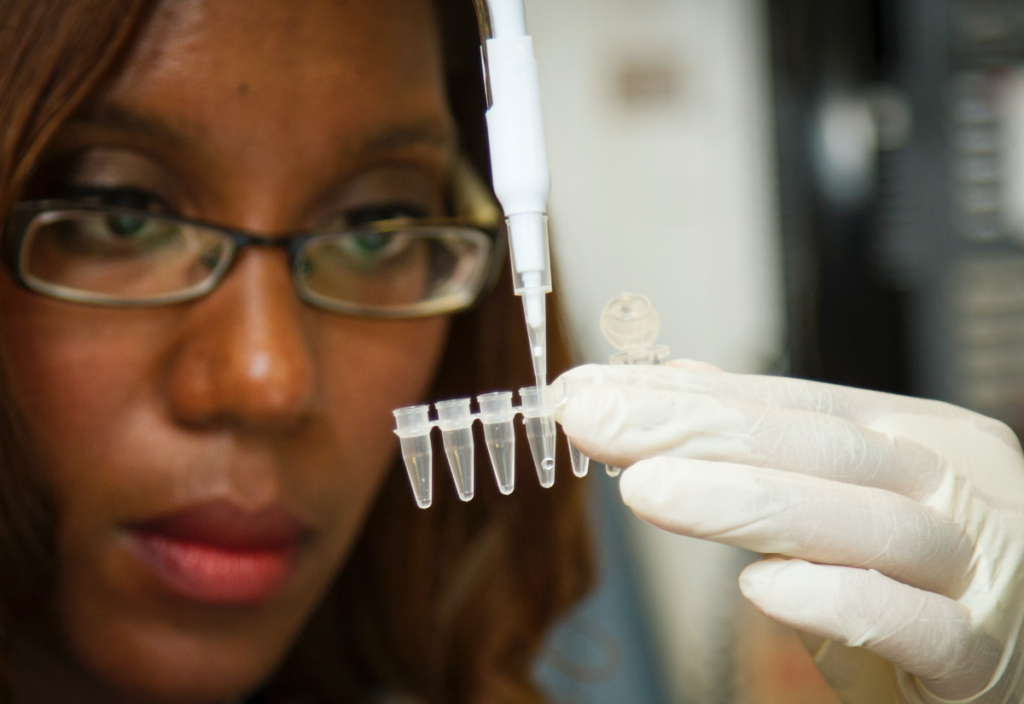Grace Tame is an artist, an activist, a yoga teacher and a runner. She’s also a sexual assault survivor who was groomed and raped from age 15 by her then 58-year-old teacher who was eventually jailed for his crimes.
Tame’s case garnered international attention when men’s rights activist and anti-feminist Bettina Arndt interviewed the convicted pedophile as part of her “#MenToo” campaign when he was released from prison and faced anti-rape advocacy at a university. Arndt enabled a sympathetic recount of the abuse, and expressed victim-blaming sentiments such as framing behaviour from female students as “sexually provocative”.
At the height of the #MeToo movement, Arndt provided a platform and voice to a convicted pedophile when existing laws in Tasmania gagged survivors from speaking about their experiences.
The inequity in the law granted perpetrators the power to reframe their crimes and further render survivors powerless and without a voice.
This inequity triggered the hashtag campaign #LetHerSpeak, which launched in 2018, and aimed to abolish sexual assault victim gag-laws in Tasmania, Northern Territory and, more recently, Victoria.
Established by sexual assault survivor, advocate and journalist Nina Funnell in partnership with Tame, the campaign has resulted in policy reforms along with providing legal representation to other survivors. The hashtag campaign also intertwined effectively with the US #MeToo network, helped by Tame’s existing relationships with Hollywood, and drew attention from high-profile stars such as Alyssa Milano and John Cleese.
Through the campaign, Tame was able to obtain an exemption to the gag order, and publicly spoke about her experience for the first time in 2019, from which she’s delivered some powerful and invocative speeches to shed light on the impact of sexual violence and raise awareness about the practices of grooming.
Additionally, the campaign has achieved success in relation to law reform in Tasmania, and survivors over the age of 18 are now allowed to use their real names in the media to tell their story.
Fuel for sexual violence advocacy
Despite this success, Arndt’s anti-feminist attitudes were further publicly legitimised when she was appointed a Member of the Order of Australia in 2020 for her contribution to gender equity through her advocacy for men. Tame, among others, has petitioned to have this honour revoked, but to no avail.
A year later, however, Tame was named the 2021 Australian of the Year, which in no way undoes the harm enacted by legitimising Arndt’s anti-feminist views, but has provided fuel to sexual violence advocacy work in Australia.
The elevation of both women and what they represent highlights the entangled relationship between popular misogyny and popular feminism in Australia and beyond that Sarah Banet-Weiser articulates so effectively in her 2018 book, Empowered.
This is particularly the case when we take notice of the harassment campaigns women and survivors are subjected to online when they come forward and speak publicly, but also in terms of how the commitment to visibility may limit collective power, especially when it comes to institutional change.
We can see this in terms of the federal government’s response to the March 4 Justice rally that disrupted the pandemic-dominated media headlines in March 2021, the treatment of Brittany Higgins, who was allegedly raped in Parliament by a colleague, as well as the poorly structured consultation process for the development of a women’s safety plan, and the failure of the Commonwealth to commit to meaningful change at the National Summit on Women’s Safety in 2021.
Tame has spoken about the challenges of being Australian of the Year and the expectation of having to retell her story of abuse, causing her to relive the trauma over and over. Her voice is tired, but her story is out there now.
Awareness has been raised and policy reform made possible, and yet here in Victoria, we’re seeing similar survivor gag-laws creeping back in, and we need transparent, nuanced civic discussions informed by survivor experiences to navigate the complexity of the legal terrain.
Tame has left an inspired and lasting legacy, opening avenues and pathways for victim-survivors to come forward on their own terms.
It’s now time for the rest of us to step up and apply ongoing pressure to change a culture that continues to excuse perpetrators and constructs a hostile environment for survivors to come forward, and to maintain pressure on our leaders to commit to meaningful change when it comes to enabling a culture that condones sexual violence.
This article was originally published on Monash Lens. It is republished under Creative Commons.
Photo by Katherine Hanlon on Unsplash





